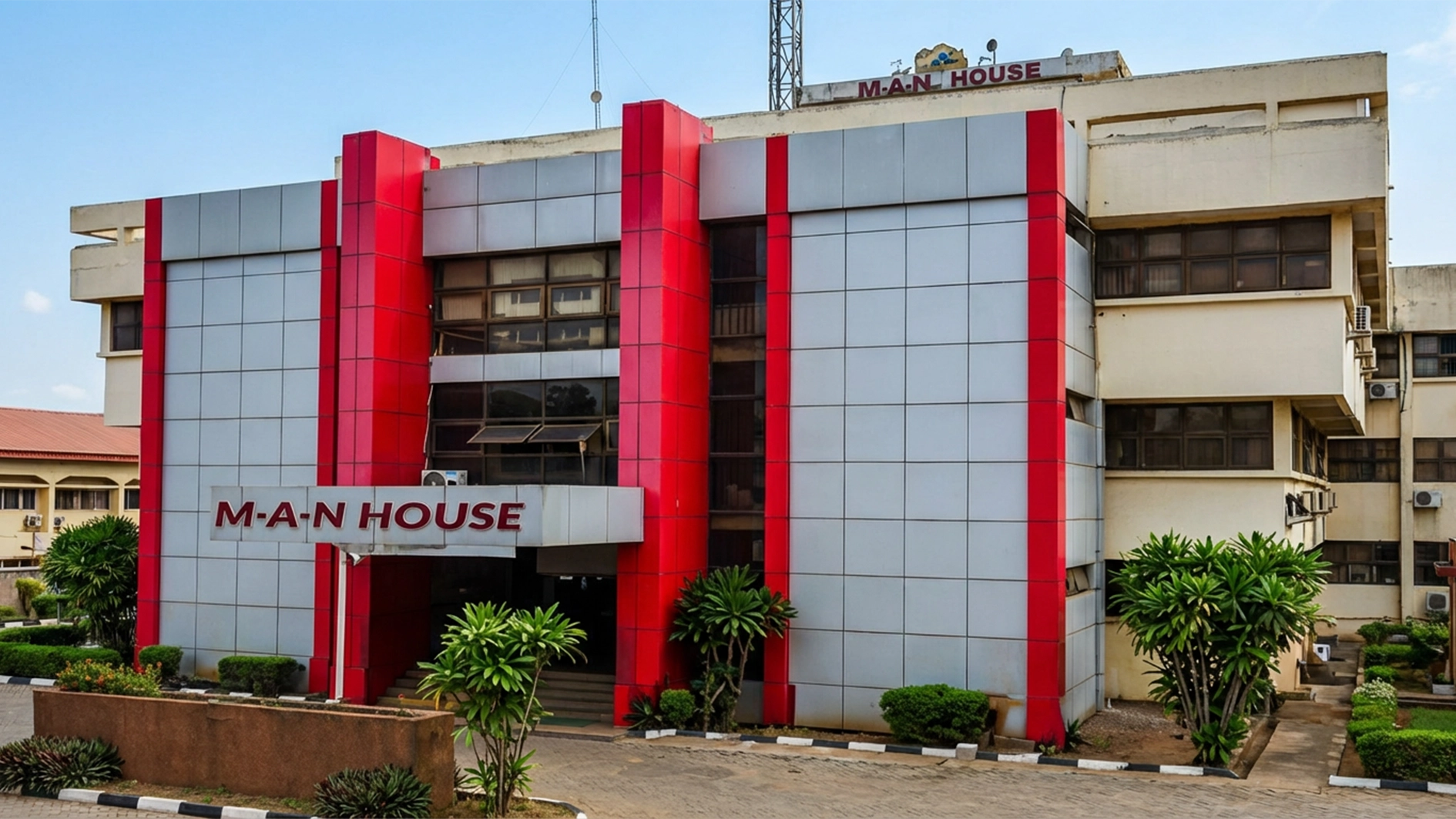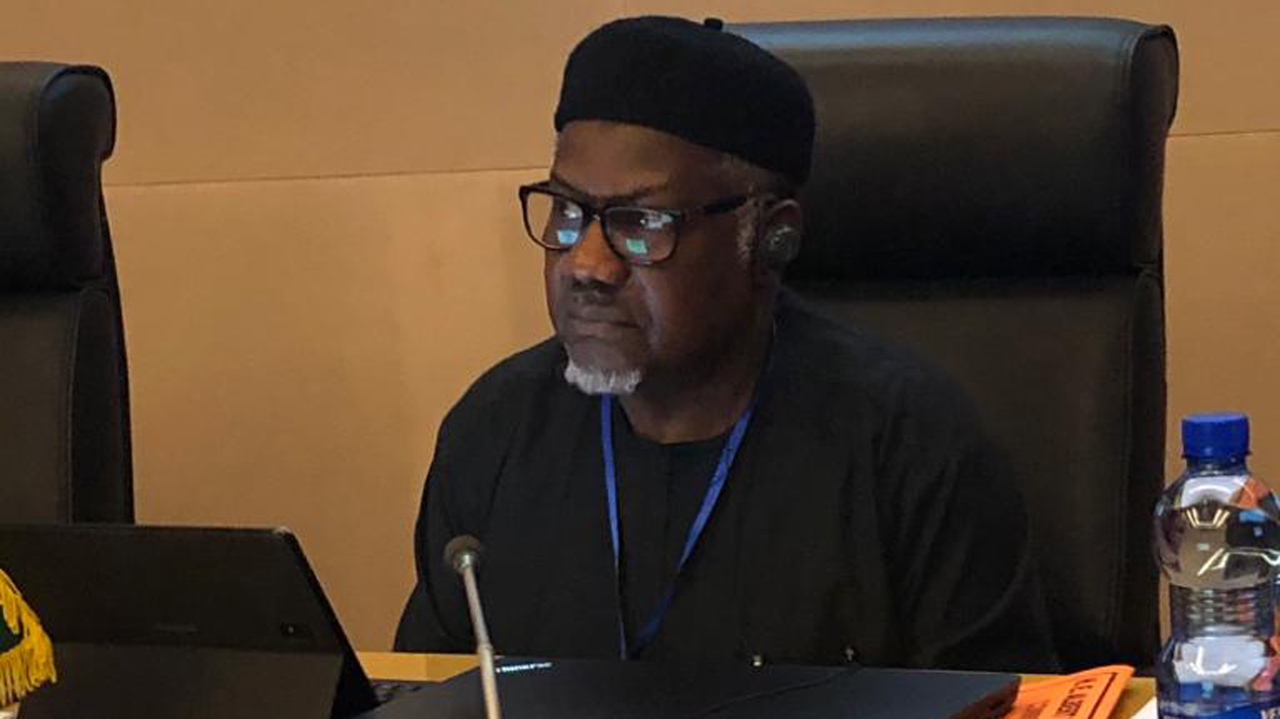With the African Growth and Opportunity Act (AGOA), a key component of U.S.-Africa trade relations since 2000, set to end at the end of this month, concerns have arisen about what the winding down means for Nigeria and others.
From indications, it is most likely the programme will not be renewed, with African countries being imposed with varying tariffs starting from 10 per cent.
Since its inception in 2000, the agreement has been a cornerstone of U.S.-Africa trade relations, granting eligible African countries duty-free access to the U.S. market for thousands of products.
However, its utilisation has been poor. In 2021, sub-Saharan Africa accounted for less than one per cent of total U.S. imports. Nigeria has not particularly utilised the programme since it started. According to the Minister of Trade and Investment, Dr Jumoke Oduwole, the country is seeking to work with new trade partners beyond the U.S.
President, Organisation of Women in International Trade (OWIT), Blessing Irabor-Oza, said now more than ever, African countries must work together to implement the African Continental Free Trade Agreement (AfCFTA) to shape a trade strategy that is regionally integrated, digitally enabled and geopolitically informed.
“Africa can build a future-ready trade system by accelerating AfCFTA, deepening financial markets and championing digital innovation. The recent US tariffs have effectively ended AGOA, but if implemented, AfCFTA could transform Africa’s economic landscape by reducing dependence on external partners, fostering regional value chains and promoting local manufacturing.
“While trade between African countries has increased in some sectors, AfCFTA’s full benefit is yet to be realised. Logistic costs are still very high when trading within Africa than when trading with Western countries and there are several factors that have contributed to this. It boils down to infrastructure; many African countries lack well-maintained roads, railway lines, some don’t even have a real railway line.
“We lack efficient ports. Add to the mix customs and their bureaucracies, border delays and complex trade regulations, which at the end of the day add to the price of goods and make trading difficult. We have limited shipping routes, very few direct flights and shipping routes across Africa. All these are the challenges that we must fix to accelerate intra-African trade,” she said. To accelerate implementation, she said governments must move from broad commitments to targeted national actions.
“To be self-reliant, deeper capital markets and harmonised financial regulations are a must. We must shift from reliance on trade preferences toward building resilient, self-sustaining economic systems. AfCFTA can support this transition by harmonising financial regulations, promoting regional investment and fostering deeper capital markets,” she said.






